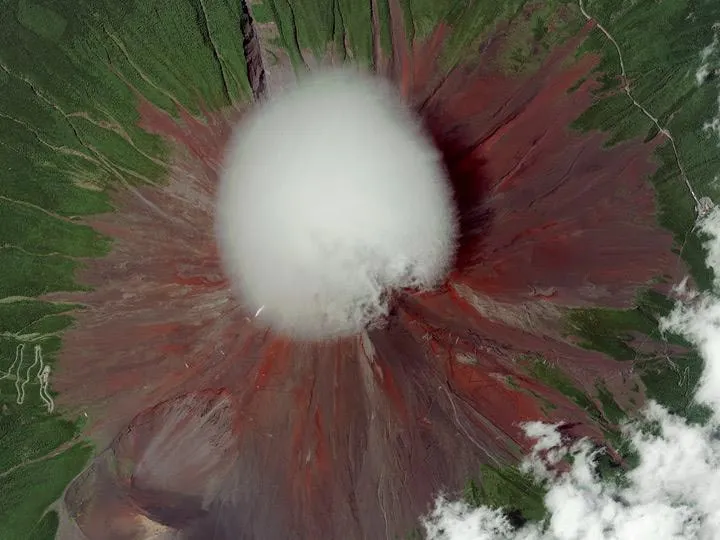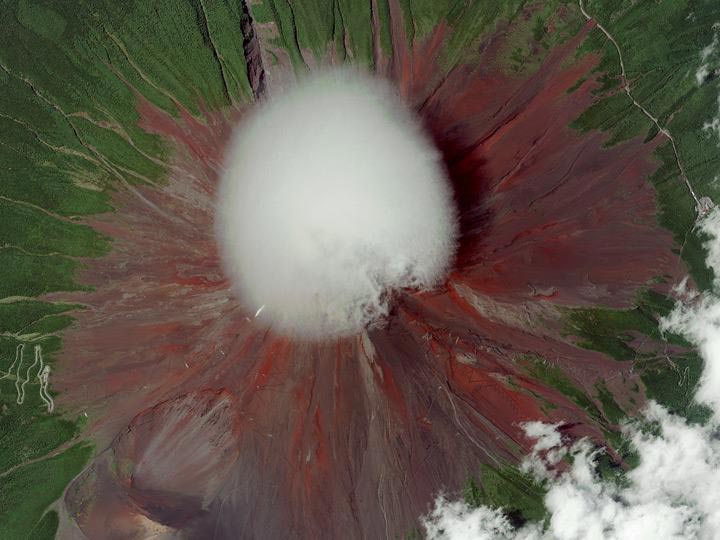
Russia declassifies Earth-sensing data from its civilian satellites
The Russian government announced it will provide public access to previously classified Earth-sensing data received from domestic and foreign civilian satellites. A statement posted on governmental legal database portal says:
The Earth-sensing data received from civilian domestic and foreign satellites are no longer considered state secrets and it will be open to public access in line with the Russian legislation.
Russia’s satellite industry is a significant component of its aerospace sector, historically known for pioneering satellite technology since launching the first artificial satellite, Sputnik, in 1957. Today, the industry focuses on developing communication, navigation, and Earth observation satellites. Russian satellites play critical roles in global navigation systems like GLONASS, scientific research, weather forecasting, and military applications, demonstrating Russia’s ongoing influence and capability in space technology. Russia holds the third place globally in terms of the number of satellites in orbit.
Similar restrictions have been loosen around the world. In June 2014 the US government allowed for civic usage of satellite images containing more details. Previous restrictions stopped images with pixels smaller than 50 cm (1.64 feet). In case of US the change has been pushed by Digital Globe which is planning to launch satellites allowing to capture images with much higher resolution. I’m wondering who and why was lobbing for this legislation changes in Russia? Any ideas?
source: Sputnik news
Did you like this post about civilian satellites? Read more and subscribe to our monthly newsletter!







